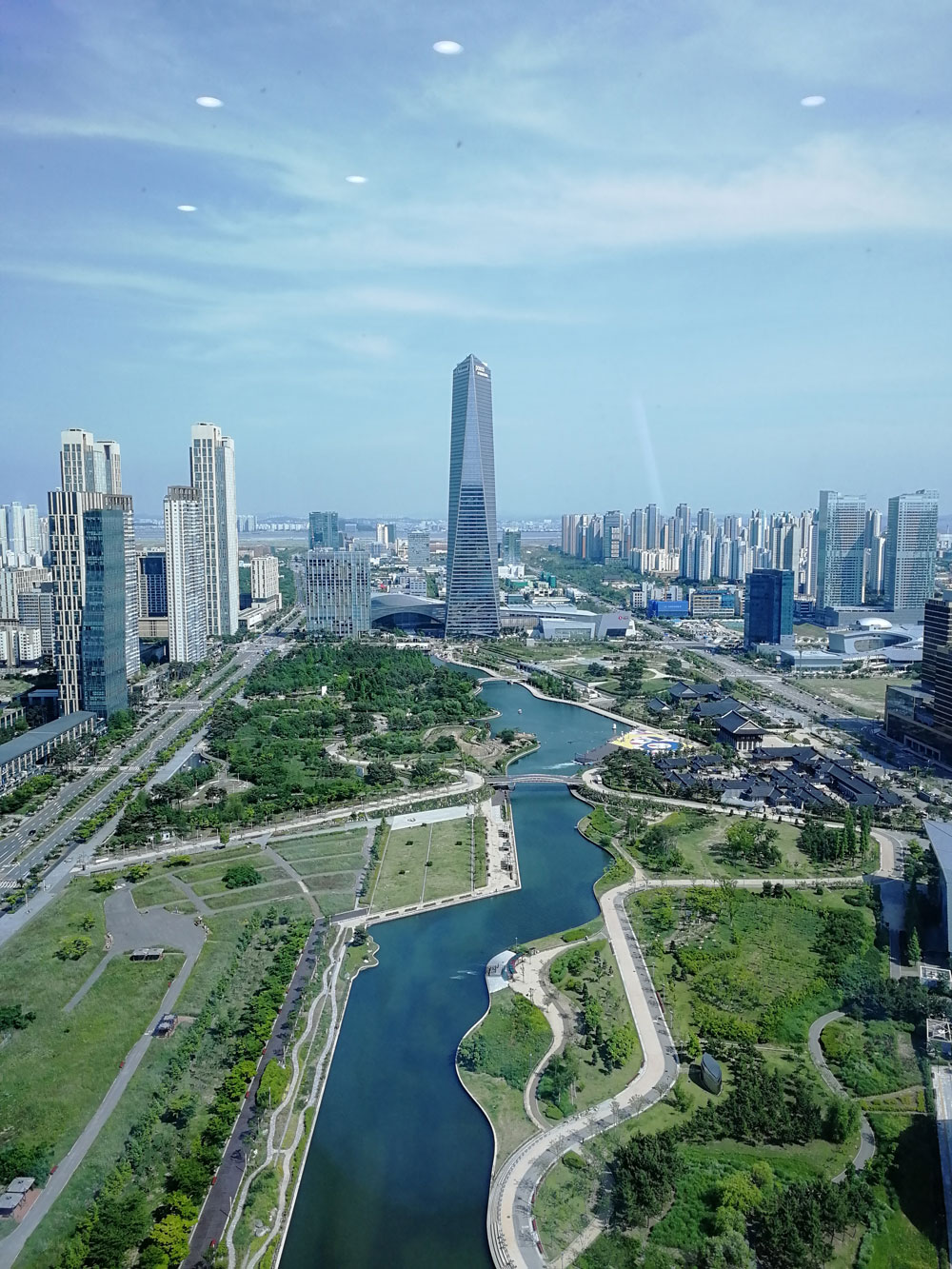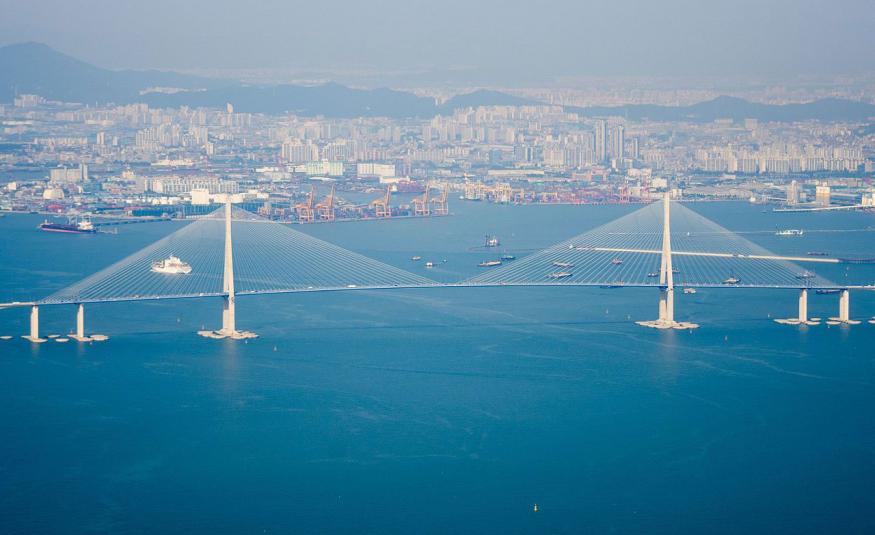EW takes a trip to South Korea, where the spirit of international collaboration is powering a thriving exhibition industry.
EW recently embarked on a tour of South Korea’s event venues, taking in exhibition spaces across Seoul, Busan, Gyeongju and Incheon.
Our trip kicked off in Seoul, the nation’s capital – a vibrant, technologically advanced and highly organised metropolis. Seoul is a wealthy city, and its greater metropolitan area is home to 9.75m people, almost a fifth of the population of South Korea.
Coex – South Korea’s busiest convention and exhibition centre – finished constructing its latest attraction here in 2017: a public library containing a 13-metre tall bookshelf and 50,000 books. The Starfield Library is located in the lower floors of a building which offers 55 meeting rooms with thumb-print recognition, as well as cafes, restaurants, a casino and two connected hotels.
As EW visits, the very early stages of construction are also beginning for the new, 105-floor Hyundai Global Business Center, which is located just outside Coex. It is set to finish in 2023, containing a 70,000sqm convention centre with six floors. These new facilities will add even more spectacle to the already bustling, world-famous Gangnam district.
Over in the coastal city of Busan, on the country’s south-eastern tip, we also find an exhibition stronghold. The Busan Exhibition and Convention Centre (BEXCO) is an important venue for the city, having played host to 4.4m visitors in 2018 across a large number of conferences and exhibitions. It contains a total 26,000sqkm of event space, and is currently in the process of bidding for the 2030 World Expo.
International Incheon
 The north-western city of Incheon, which was host of the 2019 Korea MICE Expo and contains the country’s main gateway airport, is full of the spirit of international collaboration.
The north-western city of Incheon, which was host of the 2019 Korea MICE Expo and contains the country’s main gateway airport, is full of the spirit of international collaboration.
The city’s Songdo district, full of shiny new skyscrapers and cultural centres, is a perfect example of how foreign business can lead to economic prosperity. The South Korean government has designated the region as a tax haven, called the Incheon Free Economic Zone (IFEZ). International businesses who move their headquarters to IFEZ are not taxed, as part of an incentive to drive growth in this upcoming region of the country.
The MICE Bureau at the Incheon Tourism Organisation says international events business is at the top of the agenda in the region. A spokesperson commented: “This business has great importance to Incheon, since it is the place where MICE first started in Korea. Our country’s first expressway, and it’s first western-style hotel, were based in Incheon.
“It is Incheon City’s ultimate goal to become a representative events destination in Northeast Asia, with an international business-friendly environment. Events business can stimulate the local economy with its huge economic impact.”
The city of Incheon serves as a microcosm for South Korea as a whole, demonstrating how the country has managed to build a thriving economy, and a varied exhibition industry, by working closely with international governments and businesses.
International organisers looking to run an event in South Korea are spoiled for choice. This wealth of exhibition options is the result of the country’s open-door policy to international business, and demonstrates the power of the industry to serve as a catalyst for development.





